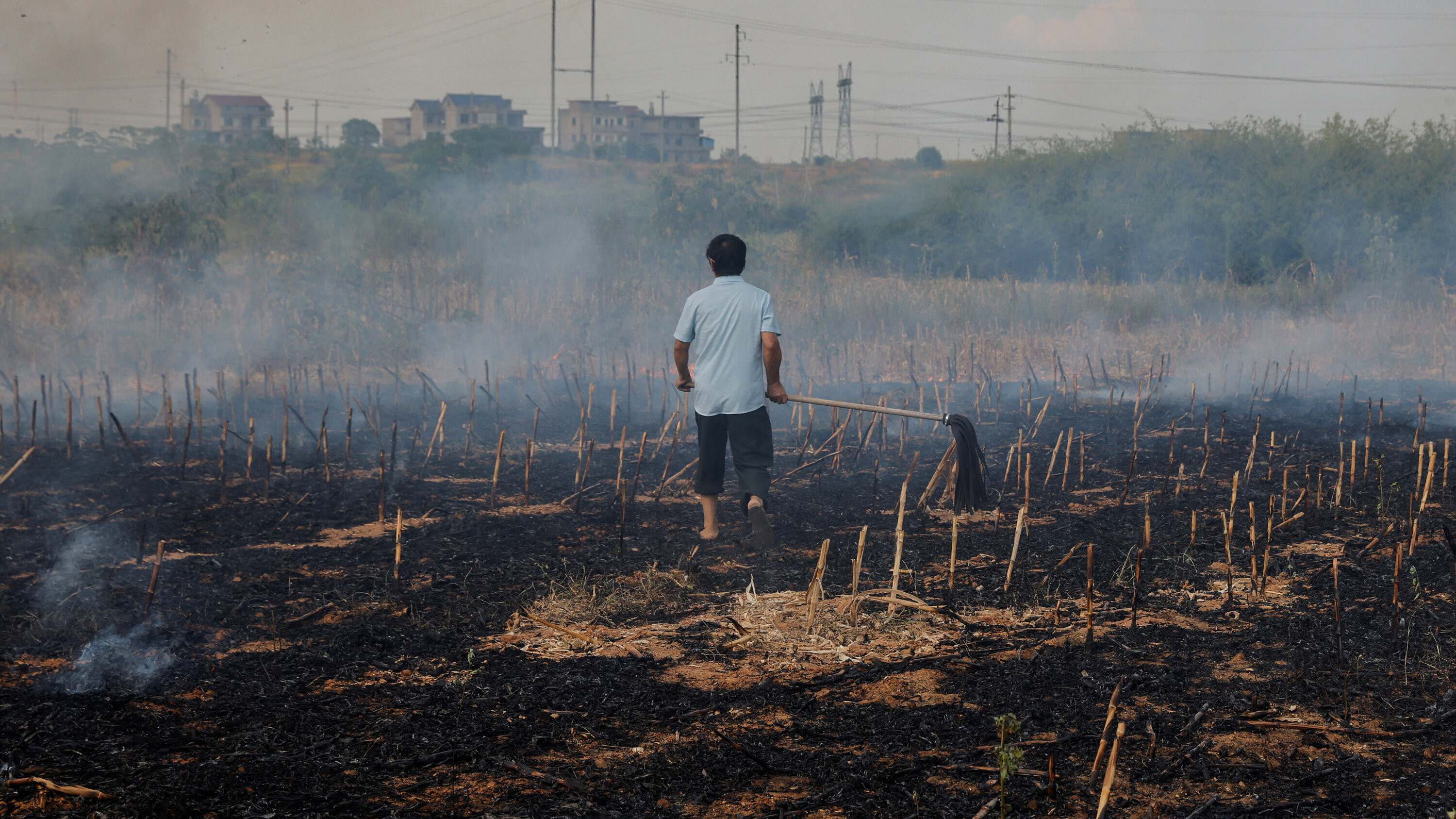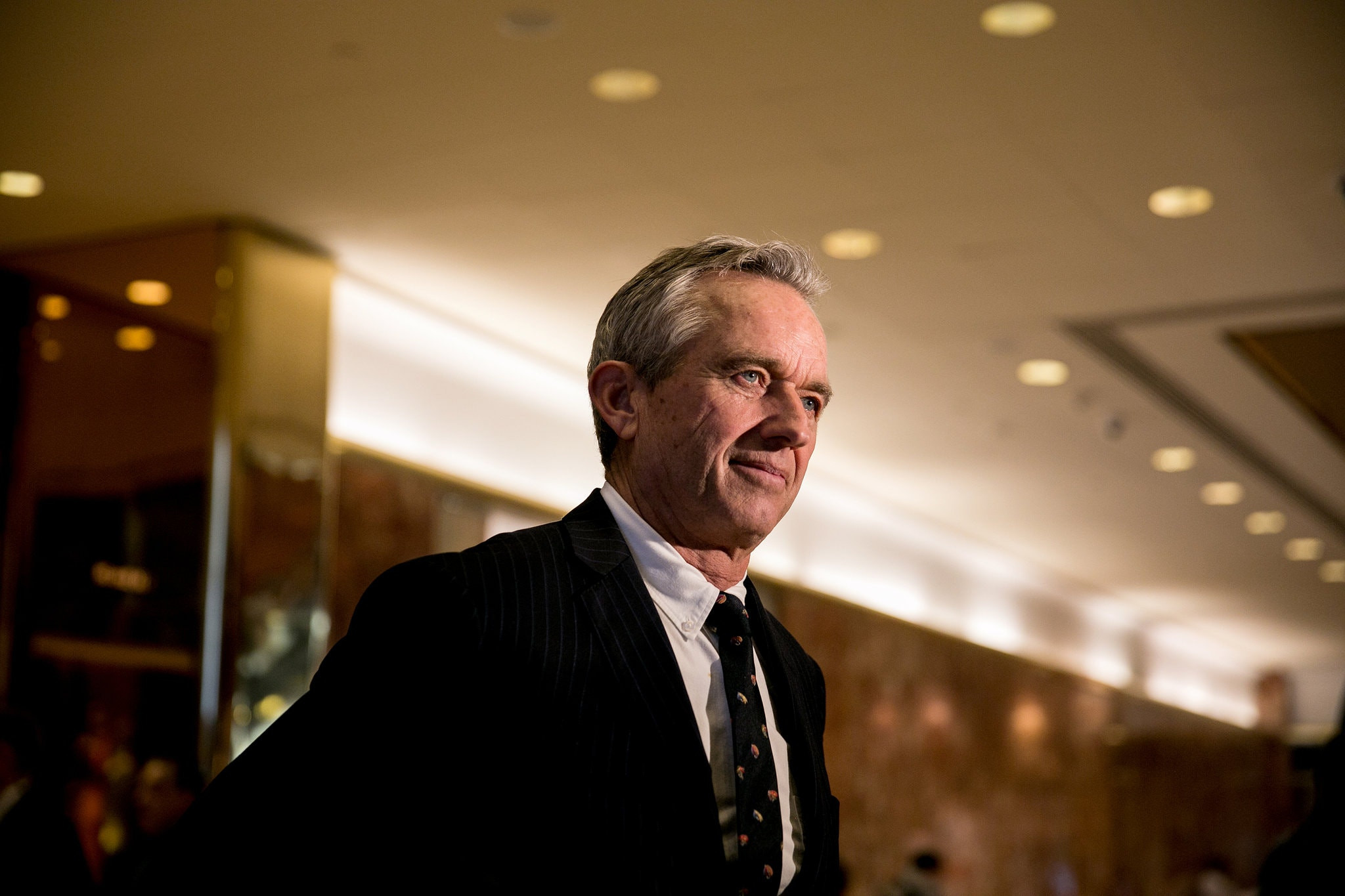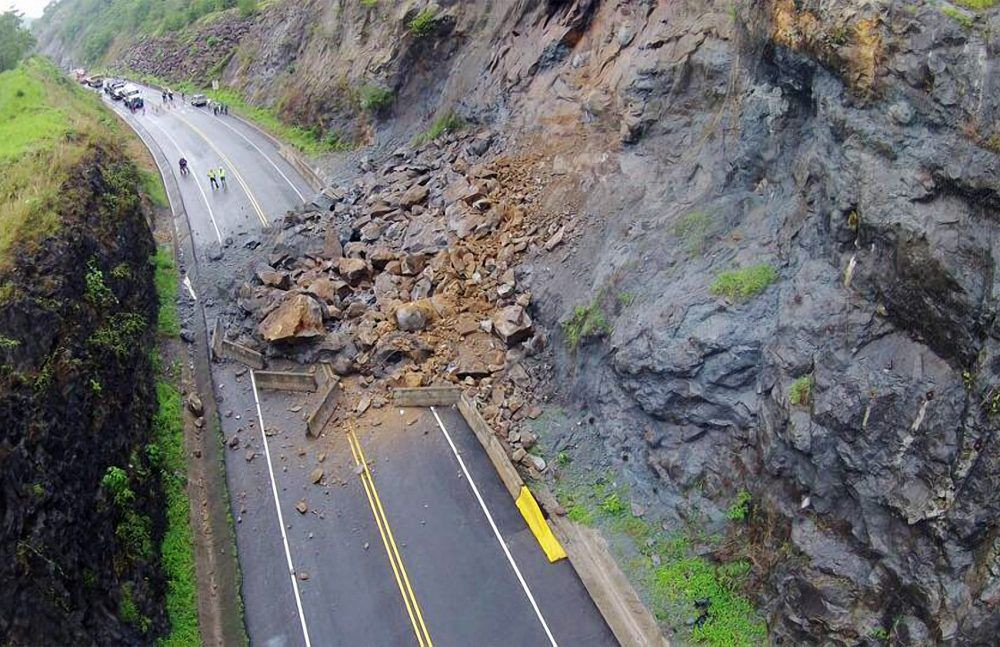Banks' Climate Promises Fall Short: Study Exposes Gap Between Ambition and Action
While the financial industry has taken steps toward a greener future, a recent study by the World Resources Institute (WRI) reveals that global banks are struggling to meet their climate change goals. The analysis, which examined 25 of the world's largest lenders, found that many banks are not only off-track to achieve their net-zero targets, but their pledges are often less ambitious than they appear. This raises serious concerns about the financial sector's commitment to addressing the climate crisis.
The Gap Between Ambition and Reality
The study highlights a significant gap between the stated intentions of banks and the reality of their actions. Many banks lack robust targets in key sectors, and existing targets are not sufficiently aligned with the goal of limiting global warming to 1.5 degrees Celsius, the threshold scientists deem necessary to avert the worst consequences of climate change.
The Finance Industry's Response
The report's findings come at a time when the finance industry is increasingly vocal in defending its business model. Many bankers argue that their primary focus should be on client preferences and profit-making, objectives they claim are not always aligned with climate protection. This stance reflects a growing tension between the financial sector's desire for profitability and the urgent need for climate action.
Political Backlash and Climate Activism
The situation is further complicated by political backlash in the United States. Republican lawmakers are threatening to sue companies perceived as prioritizing climate policies over profits, raising concerns about the future of environmental regulations. This has sparked a backlash from climate activists, who are stepping up efforts to disrupt Wall Street through large-scale protests.
Banks' Performance in Key Sectors
The WRI study meticulously examined banks' progress in six critical sectors: oil and gas, power, automotive, aviation, cement, and steel. The analysis revealed that banks are falling short in most sectors, with reported portfolio emissions exceeding the required reductions needed to align with 1.5C pathways. This shortfall is expected to worsen in the coming years, raising alarm bells about the effectiveness of banks' climate commitments.
Challenges to Assessing Bank Commitments
The study also cautions against taking banks' headline numbers or announcements at face value. It urges greater transparency and scrutiny of details such as the timeline of fossil-fuel phaseout policies and the inclusion of capital markets activities. Without this information, it becomes difficult to evaluate the credibility of a bank's commitments.
The Role of Government Support and Trade Associations
The finance industry has consistently called for greater government support in aligning its business with climate-friendly goals. However, the WRI study points out the inconsistency of certain banks who advocate for climate-friendly policies while simultaneously supporting trade associations that oppose such efforts. This raises concerns about the sincerity of banks' climate commitments and calls for greater alignment between their public stance and their support for industry groups.
Investing in Clean Energy: A Looming Challenge
The International Energy Agency estimates that the world requires an investment of approximately $4 trillion annually by 2030 to achieve the necessary clean energy transition. For the energy sector alone, the IEA suggests that investments in clean energy should be ten times greater than those in fossil fuels. However, the study found that the banks under analysis are currently investing only 1.3 times as much in green finance as they do in fossil fuels, highlighting a significant gap in the required funding for a sustainable future.
The Need for Action and a Shift in Mindset
The study's findings underscore the urgent need for banks to reverse course and redouble their efforts to achieve their net-zero commitments. This is essential not only to meet their own climate goals but also to capitalize on the emerging business opportunities tied to the climate transition. Furthermore, investing in sustainable finance can help protect banks from growing climate-related financial risks.
The Future of Climate Finance
The future of climate finance hinges on the willingness of banks to align their actions with their stated ambitions. This requires a fundamental shift in mindset and a genuine commitment to prioritizing climate action over short-term profits. The world needs banks to step up, embrace their responsibility, and actively contribute to a sustainable future. Only then can we hope to address the climate crisis and secure a habitable planet for generations to come.


















